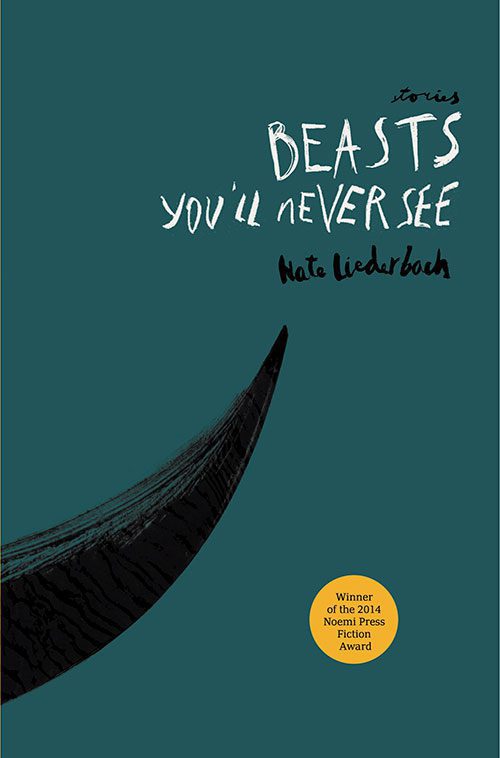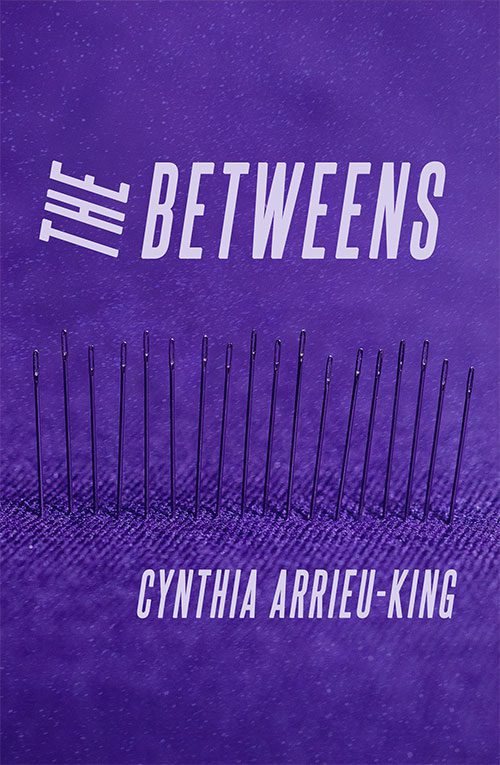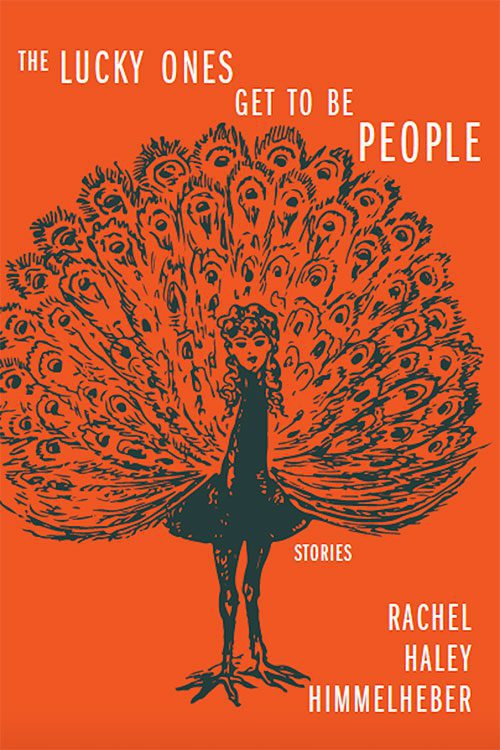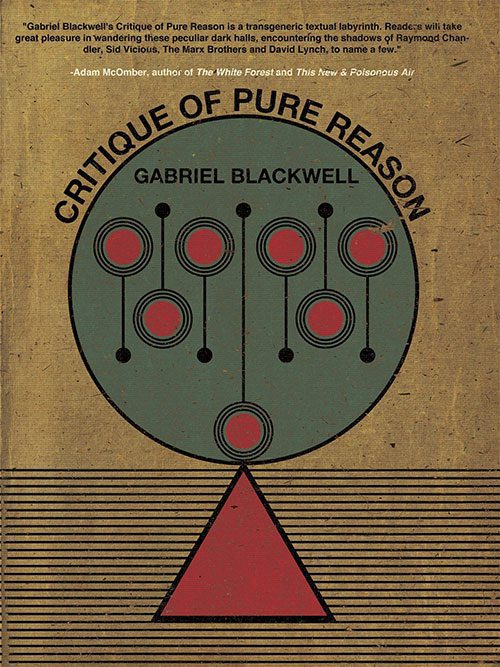Uncountry: A Mythology
by Yanara Friedland
$15.00
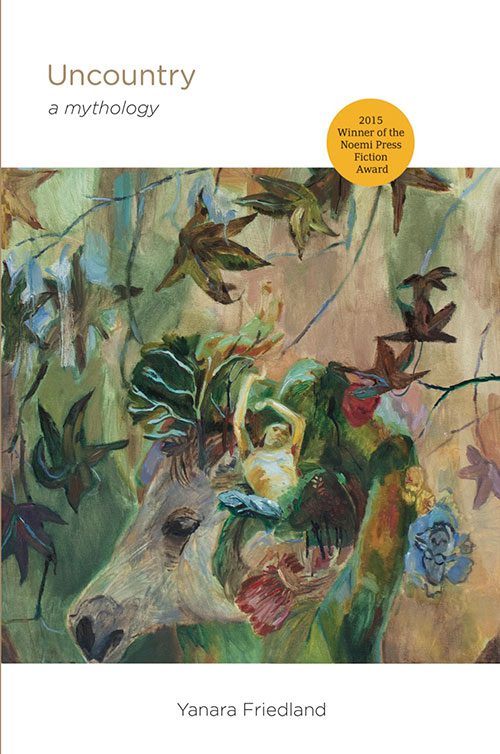
Blurbs
As a descendent of Chantal Akerman and Unica Zürn—among others—Friedland reimagines the origin myth. Friedland’s permeable pages allow the reader entryway into a “mirror [that] becomes an open door,” a door through which we hear the echo of Ana Mendieta telling us “There is no original past to redeem: there is the void.” Uncountry is an invitation to that void, and Friedland serves as dream guide through this blend of the personal, political, and stunningly poetic.
Lily Hoang
Those patriarchs and matriarchs of Genesis wander through the tales of creation as if creation has never stopped, Abram still seeking that singular God in another land, his faith making him a nomad; Sarah still watching her son Isaac walk away with his father to Mount Moriah, a sacrifice in the making. Such stories—like the myths and fairy tales so easily excluded from the reality of the world they are bedrock to—tend to be kept in the airtight container of holy into which the imagination gazes but from which the mouth never takes a breath. The ease of such approach is—thankfully, fearfully, gracefully—not the case in Yanara Friedland’s beautiful book, Uncountry. Deep in the ethical vision of these prose pieces (each so dreamlike it seems the dream itself is dreaming) arrives the suggestion that the events of history—the heart-nulling wars, the Holocaust, the refugees broken by their own resistence; but also the personal fact, the harm of being anyone—reach back into the ancient tales and refuse them their pre-ordained eternity. The vision is reciprocal. Into the particular lives that fill this book, in wanders Lilith, Isaac, Ishmael, Esther, all the ancestors, nomads in the blood, nomads in the nerves, so that “I” am also the ancient tribe. I want to say these words are homesick for beginnings, but the vision invokes a truer nostalgia, one in which any given life is riddled by the old sources, identity succumbing to broader forms of being, where through history’s very wounds, wander the elders. It is not exactly healing they offer. Just a realization that all that feels solid in life is not so, and even when standing still, you are never still, but like all the nomads, some rumored elsewhere guides you—just as do these pages guide—away from yourself to get you home.
Dan Beachy Quick
